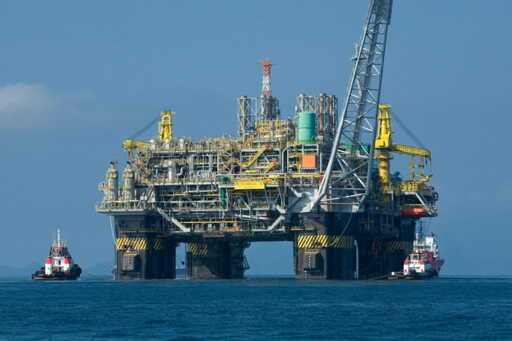This November, as Brazil opened the curtains to host the UN Climate Conference (COP30), in its Pará state capital, Belém, the troubles orbiting the country’s environmental agenda were featured in a new report by U.S.-based conservation technology nonprofit SkyTruth, which is dedicated to satellite-based environmental monitoring. In the run-up to the climate summit, the study revealed the growing impact offshore oil and gas structures pose to Brazil’s vulnerable areas, especially in biodiverse marine regions such as the mouth of the Amazon River. At a time when global eyes turned to the Amazonian city, leading to increasing interest in the environmental solutions Brazil seeks to offer, the investigation questioned the host nation’s role as a climate leader. As one of its main arguments, the report jumped into the dilemmas of an economic model that remains highly dependent on something that Brazilian President Lula’s administration has been promising to replace: Fossil fuels. The investigation maps oil spill-driven pollution and highlights a rapid growth in both the traffic of oil industry vessels and the level of methane emissions — released through leaks during extraction. The numbers come in the wake of the expansion of the energy sector itself, which is growing in the opposite direction of the search for less polluting energy sources. According to SkyTruth, “between 2014 and 2024, Brazil’s oil production increased by more than 49% and natural gas production increased by over 78%.” The study points to contradictions in the Brazilian government’s climate rhetoric: In October, as Lula himself declared,…This article was originally published on Mongabay
From Conservation news via this RSS feed


